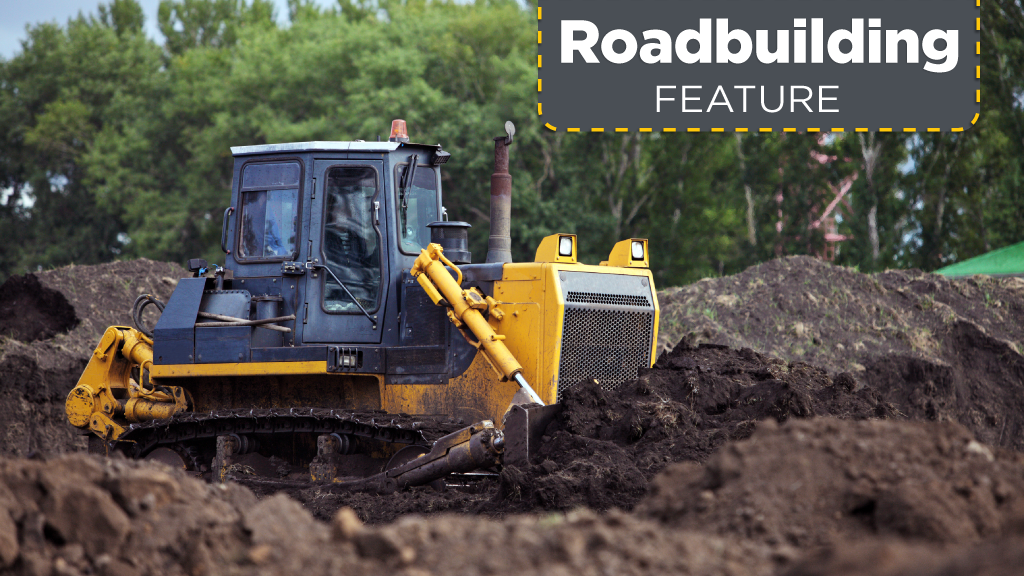When Waterloo’s Centre of Research Expertise for the Prevention of Musculoskeletal Disorders (CRE-MSD) published an advisory saying a tilting design innovation for cabins of heavy equipment loaders could help prevent injuries it apparently fell between the cracks.
Emails were sent, calls were made but the University of Waterloo referred calls to the Infrastructure Health and Safety Association (IHSA) where ergonomist Peter Vi shed some light on the background.
He says MSD injuries are not quite the same as Repetitive Strain Injuries (RSI) but still present an ongoing health and safety challenge in the workplace, especially for construction sites.
The idea of a tilting cab, which prompted the advisory, came to him while visiting a construction site a decade ago. The issue is that operators often have to tilt their necks back at awkward angles to look up to see what they are doing or, conversely, lean forward and look down to get a better angle. Over time these actions can result in MSD.
The innovation of a tilting cab would go a long way towards preventing some of those injuries.
“I took those photos (which ended up in the advisory) more than 10 years ago on a jobsite near Vaughan,” he says.
“We thought it was a good idea to prevent neck injuries because the cabin was able to be adjusted upward and allowing the workers to have a better view of the work area. I have not seen this type of equipment on any other jobsite but I have searched on the Internet and it seems the adjustable cabins are available options for many equipment manufacturers.”
Many options do exist but some are designed to tilt without the operator to gain access to equipment for maintenance.
Still, the idea has merit, but Mike Gallagher, business manager of the International Union of Operating Engineers, Local 793 says no one ever contacted them to follow up.
“It’s certainly interesting but we are unaware of this,” he says.
After the enquiry from the Daily Commercial News, Gallagher was intrigued and contacted their liaison at the IHSA to follow up.
As a result, the issue was forwarded to the ISHA Heavy Civil committee’s agenda for February as a follow up.
It’s a good first step to investigate further.
“Back injuries are more common, from sitting and operating a dozer for example and being mobile across uneven ground and getting lots of bumps and vibration up through the seat,” says Vi. “But neck and shoulder injuries are also common from working over head.”
Gallagher says Local 793 would be “prepared to attend any meeting to discuss whether further research on the cab design of cranes and other heavy equipment would increase health and safety for our industry. Perhaps involving relevant employers or manufacturers of the equipment would also be helpful.”
Vi says the upshot from the IHSA Heavy Civil committee meeting is they now want to redo the advisory.
“They will work on a revised fact sheet at the April meeting,” Vi wrote in an email. “They have requested CRE-MSD (at Waterloo) to take down the fact sheet until a revised version is available.”





I believe this sentence: As a result, the issue was forwarded to the ISHA Heavy Civil committee’s agenda for February as a follow up.
Should read IHSA.